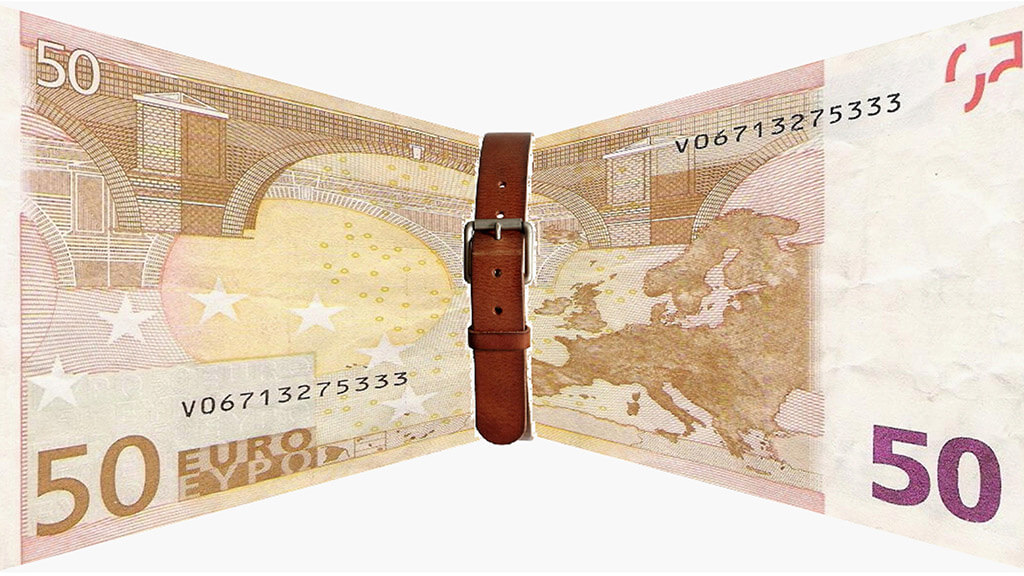By Jason Agnew
AS BREXIT flounders to its uncertain conclusion, the 27 remaining EU countries are contemplating life after the departure of the most contentious member.
The UK has a strong economy and has been a net contributor since its reticent entry to the community in 1973. Its exit will leave a sizeable hole in the EU’s budget.

Britain contributed just less than 12 percent of the overall budget in 2018, third behind Germany and France. The net contribution, after the infamous “rebate” and EU’s public sector spending on the UK, was £8.9bn. With 18 countries receiving funds and only nine contributing, this creates a headache for the Union.
The nine are overwhelmingly from northern Europe: Germany, Netherlands, Sweden, Belgium, France, Austria, Denmark, Finland and Italy. The sole southern nation paying more than it receives is Italy; those benefiting are the accession states from the east and the rest of the south.
On October 27, European Union leaders — excluding Boris Johnson — met in Brussels to discuss a new budget plan for 2021- 2027. This revealed an anomaly. To make up for the shortfall of almost ₤9bn (€10.5bn), the institutions that govern the bloc want to increase the percentage of the EU gross national income (GNI) — even though that means larger contributions from countries.
Finland, presiding the meeting, proposed a financial capacity of between 1.03 percent and 1.08 percent, which exceeds the cap imposed by Germany of one percent. This would enable the EU to spend up to €1.1 trillion for the seven years of the budget period.
The executive branch of the European Commission is seeking a budget worth 1.1 percent of GNI, while the European parliament has called for a positively profligate 1.3 percent of the zone´s gross income.
These proposals were met with nearly unanimous dissatisfaction, and that suggests that negotiations will be lengthy.
The EU spends 34 percent of its budget on subsidies to poorer regions and 35 percent on subsidies to farmers through the Common Agricultural Policy (CAP). The Finnish proposal is to lower those figures to 30 percent, which would be a double whammy to countries such as Poland and Romania, both relatively poor and with large agricultural sectors.
More controversial is the proviso that funding would be suspended to members seen to be compromising the independence of the judiciary or limiting the freedom of the media. As Poland and Hungary´s right-wing governments have been accused of having done just that, they are likely to be opposed.
The so-called Frugal Five — Austria, Denmark, Germany, the Netherlands, and Sweden — insist that they will not go above one percent. And they hold the purse strings.
Last word to the Finns, who — while not known for their optimism — have managed to put a positive spin on things. As one Helsinki diplomat said: “The fact that almost everybody is against our text shows we have put forward a fair proposal.”
That´s one way of looking at it.































